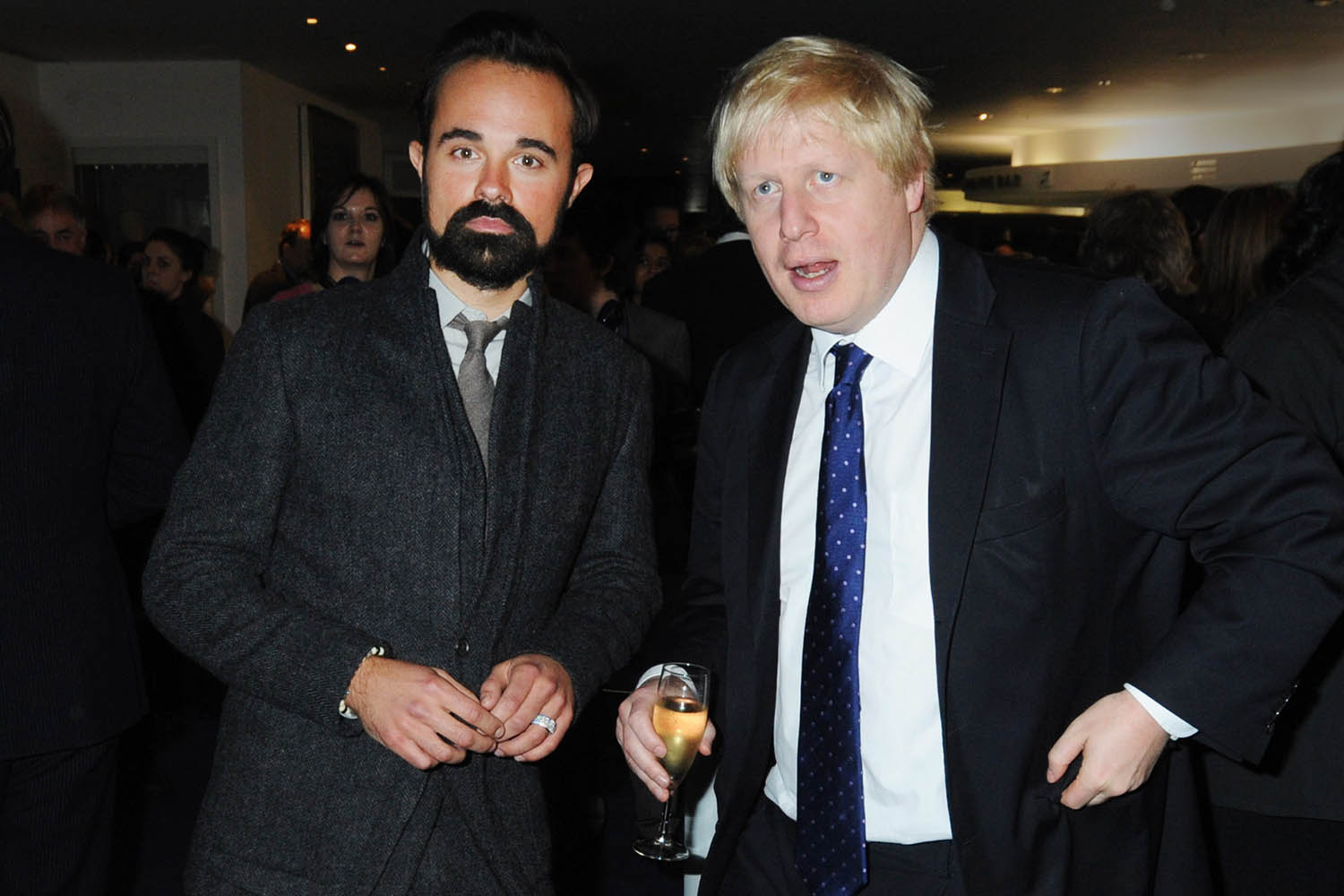
Two officers from MI5 visited Downing Street in 2020 to brief Boris Johnson on the national security risks of giving Evgeny Lebedev a seat for life in the upper house of Parliament.
The then prime minister argued that the life peerage could go ahead because the MI5 officers’ security concerns were about Evgeny Lebedev’s father Alexander, a KGB-officer-turned-oligarch who has since been sanctioned by Canada and Ukraine for supporting Vladimir Putin’s war.
As the first case of a prime minister dismissing national security advice to make an appointment to the House of Lords, Evgeny Lebedev’s peerage has led to accusations of patronage, cronyism, and calls to reform the upper chamber. The case also represents Boris Johnson’s unserious approach to national security during his premiership, according to one of his former senior national security advisers in Downing Street.
A spokesman for Boris Johnson said the former prime minister is “fully supportive of Lord Lebedev’s appointment”, that the “proper process was followed”, and described coverage of Evgeny Lebedev’s peerage as “a tiresome and xenophobic campaign.”
While he was foreign secretary and then prime minister, Boris Johnson attended luxurious parties hosted by the Lebedevs in Umbria and London. His career as London mayor was promoted extensively in the Evening Standard newspaper, which Alexander Lebedev bought for his son more than a decade ago.
Senior officials at the Cabinet Office, who had invited the MI5 officers to Downing Street, then explored whether Buckingham Palace would intervene to block Evgeny Lebedev’s nomination to the House of Lords.
While the monarch is constitutionally entitled to do so, the Palace is understood to have declined, fearing an intervention would have dragged the Queen too far into political matters.
Buckingham Palace declined to comment, saying “this would be a matter for government”.
The Cabinet Office pointed to a ministerial statement tabled in Parliament last year, which states that “Lord Lebedev is a man of good standing”.
The revelations come from a documentary produced and directed by Mark Alden to be released tomorrow – “Boris, the Lord, and the Russian Spy”. Tortoise has independently verified the documentary’s findings by interviewing original and additional sources, and reviewing documents.
Tortoise reported in its February 2022 podcast “Lebedev: Lord of Siberia” that the House of Lords Appointments Commission, a Cabinet Office body that can vet but not veto nominees for life peerages, had asked the security services about Evgeny Lebedev’s nomination.
The Commission felt unable to support the nomination because it received information on Alexander Lebedev’s KGB past and his ongoing links to Putin, which Tortoise reported on in its “Londongrad” podcast.
The new documentary uncovered a letter that the Commission’s chair, Paul Bew, wrote to the then-prime minister on 23 July 2020: “the Security Services have highlighted significant potential risks in respect of the nominee’s familial links, and the potential vulnerability of any information obtained by the nominee from his association with UK officials or Government. We would assume that any such vulnerability would similarly apply to material relating to the operation of the House of Lords.”
The Commission advised Boris Johnson to nominate someone else, but his reaction was furious, according to Downing Street sources. The then-prime minister claimed their advice was “Russophobic” and pressed ahead with Evgeny Lebedev’s nomination.
The government announced Evgeny Lebedev’s peerage on 31 July 2020, a week after Paul Bew’s letter to Boris Johnson. Evgeny Lebedev now sits in the House of Lords as Baron Lebedev, of Hampton in the London Borough of Richmond-upon-Thames and of Siberia in the Russian Federation.
Evgeny Lebedev has said that he has “no links to the Kremlin” and that he was nominated for his charity work and investment in British journalism. He has yet to make a substantial contribution to the legislature, but some of his fellow peers fear that he may gain access to sensitive information.
“Once he’s appointed to the House of Lords he may well be sitting in committees discussing matters of the security of the state,” David Clark, a Labour peer who was on the Commission when it considered Evgeny Lebedev’s nomination, says in the documentary. “So we can’t afford to make mistakes at that stage.”
Photograph Dave M. Benett/Getty Images
